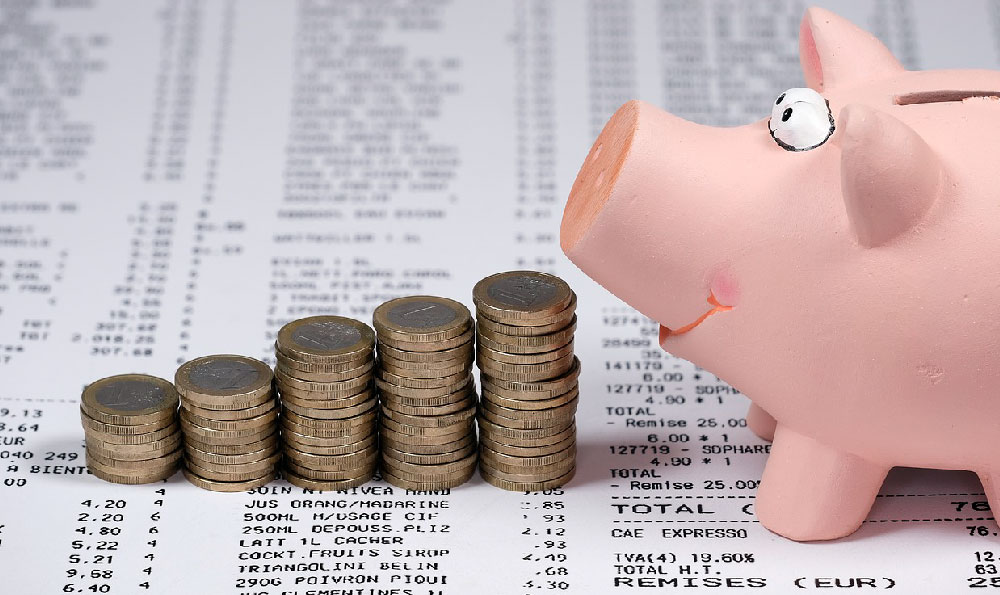
Elon Musk’s wealth accumulation is a multifaceted story woven with threads of technological innovation, entrepreneurial risk-taking, and a healthy dose of market savvy. Attributing his fortune solely to one source would be a gross oversimplification. His path to riches is a testament to his ability to identify opportunities, disrupt industries, and execute ambitious visions on a grand scale.
Musk's initial foray into the world of entrepreneurship began with Zip2, a web software company he co-founded in 1995. This venture provided directory and city guide services to newspapers. While seemingly modest compared to his later endeavors, the sale of Zip2 to Compaq in 1999 for over $300 million marked a pivotal moment. Musk pocketed a cool $22 million, which served as the seed capital for his future ventures. This early success demonstrated his ability to recognize and capitalize on the burgeoning internet landscape.
Immediately following the Zip2 acquisition, Musk invested a significant portion of his earnings into X.com, an online financial services company. This eventually merged with Confinity, co-founded by Peter Thiel, leading to the creation of PayPal. PayPal revolutionized online payments, streamlining transactions and offering a secure platform for e-commerce. When eBay acquired PayPal in 2002 for $1.5 billion in stock, Musk, as the largest shareholder at the time, reaped approximately $180 million. This payday wasn't just about financial gain; it validated his ability to identify and cultivate disruptive technologies.

However, Musk’s wealth truly skyrocketed with the success of Tesla and SpaceX. These ventures represent not just businesses, but also visions for the future of humanity: sustainable energy and interplanetary travel. SpaceX, founded in 2002, initially faced numerous challenges. Early rocket launches were plagued with failures, pushing the company to the brink of collapse. However, Musk's unwavering commitment and the relentless efforts of his team eventually paid off. SpaceX achieved a series of groundbreaking milestones, including becoming the first private company to successfully launch, orbit, and recover a spacecraft. These achievements secured lucrative government contracts, including those with NASA, propelling SpaceX into a leading position in the space exploration industry. SpaceX’s valuation has steadily increased as it continues to innovate, developing reusable rockets and pushing the boundaries of space travel.
Tesla, founded in 2003, faced an equally challenging journey. The electric car market was nascent, and skepticism surrounding the feasibility and desirability of electric vehicles was widespread. Musk poured his resources and energy into Tesla, pushing the company to overcome technological hurdles and build a viable product. The early models, like the Roadster, were expensive and limited in production. However, Tesla persevered, eventually releasing the Model S, which garnered critical acclaim and demonstrated the potential of electric vehicles to rival traditional gasoline-powered cars. This marked a turning point for Tesla, and subsequent models like the Model 3 and Model Y have become bestsellers, driving mass adoption of electric vehicles.
The key to understanding Musk’s wealth isn't just about technological innovation, it's about his ability to capture and retain significant ownership in these companies. Unlike many entrepreneurs who dilute their equity early on, Musk has consistently maintained a substantial stake in both Tesla and SpaceX. This ownership structure allows him to benefit directly from the companies' growth and profitability.
The stock options he received as compensation, particularly at Tesla, have played a crucial role in his wealth accumulation. These options vested based on achieving certain milestones, incentivizing him to drive innovation and growth. As Tesla's market capitalization soared, so did the value of his options, contributing significantly to his net worth. It's important to remember that stock options are not guaranteed wealth; they depend on the company's performance and the market's perception of its future potential.
Furthermore, Musk has also strategically used debt financing to augment his investments. He has reportedly taken out loans using his Tesla stock as collateral, allowing him to access capital without selling his shares and diluting his ownership. This strategy, while potentially risky, has allowed him to maintain control and benefit from the continued appreciation of Tesla's stock.
Beyond the core businesses of Tesla and SpaceX, Musk has also ventured into other areas, including Neuralink (focused on brain-computer interfaces) and The Boring Company (aiming to revolutionize tunneling and transportation). While these ventures are still in their early stages, they represent potential future sources of wealth and further demonstrate Musk's ambition to tackle significant technological challenges.
Therefore, Elon Musk’s wealth is a complex mosaic of successful entrepreneurial ventures, strategic investment decisions, and a willingness to take calculated risks. His fortune isn't just derived from one source, but rather from a portfolio of ambitious projects that have disrupted established industries and captured the imagination of investors. Understanding the interplay of these factors is essential for appreciating the magnitude of his wealth and the entrepreneurial journey that led to its creation. His story serves as a reminder that innovation, perseverance, and a long-term vision can be powerful forces in wealth creation. However, it's also important to acknowledge the inherent risks and the importance of careful financial planning when pursuing such ambitious endeavors.





